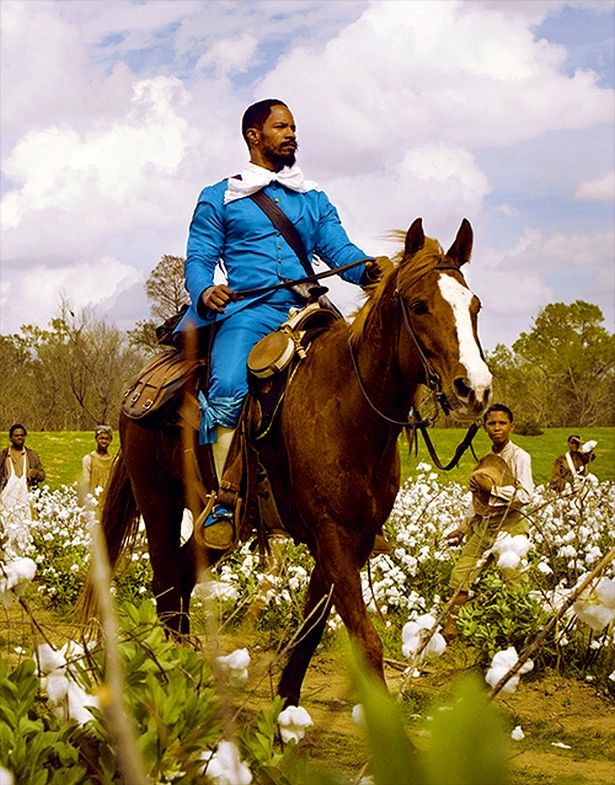As of the very moment I write this blog post I have yet to see Tarentino’s latest controversy, Once Upon a Time in Hollywood. As of now, I don’t plan on paying to see it either. I did however manage to see Django: Unchained hot off the presses, and loved it. I heard criticisms ranging from accusations of so-called “anti-white racism”, to careless portrayals of the gravity of slavery. Spike Lee for instance dissed Tarentino for the choice of genre, proclaiming, ‘Slavery was not a Sergio Leone spaghetti western’. Of course, for me, the movie is as legendary as its protagonist, a larger than life black superhero named Django, who single handedly subverts an entire genre as he takes down one of America’s greatest symbols of “white supremacism”, the slave plantation.

(SPOILERS AHEAD)
For those who haven’t gotten around to it, Django: Unchained is the story of a captured runaway slave (Django) who gets rescued by a German bounty hunter named King Schultz whom trains Django in the art of the pistol, and then joins Django on his epic quest to rescue his wife (Broomhilda) from the wicked plantation owner known as Candy. Though one might be quick to suggest the Schultz character may have been a kind of “white savior“, the logic of the film seems to contradict such a narrative. From the beginning of their journey, there’s a clear line in the sand drawn between the noble heroism of the brave lover Django, and his self-interested partner Schultz. Despite being touched by Django’s romantic will to freedom, even drawing an illusion between the valiant effort of Django and a German tale of Siegreid and Brunhilda (Broomhilda’s namesake), Schultz enters the quest for selfish reasons. Particularly, he can use Django to help him take care of a contract, and Django’s “not in a position to refuse,” as Schultz remarks.
The line between Schultz and the true hero of the film is even clearer drawn at the point where Schultz nearly sabotages the whole plan by killing Candy in anger, setting off a series of events which almost get Django killed. Schultz was at wits end seeing the beloved culture of his homeland worn proudly by such barbaric slave-owners he needed to do something about it. He chose the perfect time to get himself killed and Django captured. Most people I’ve seen the film with harshly criticize the emotional, even perhaps uncharacteristically irrational impulse of Schultz to sabotage their whole mission for pride’s sake. He simply couldn’t take a loss to Candy and sign on the dotted line for something he intended to take by force, and from a man (Candy) whom appeared to Schultz as rather crude and uncultured mockery of European “high-culture”.
These events ultimately allow for the true hero of the film to rise again and free himself from bondage. While Django does not ultimately end the system of slavery, he does as a hero subvert the whole Western genre once dominated by white cowboys killing Native American villains. This time a freed slave is the protagonist, and he’s taking revenge on similar “cowboy types”. Putting on the garb of the “cultured” men of Europe, Django not only distorts white-societies image of blacks, but he subverts such culture completely, and in the name of a romantic ideal (love or freedom) which had been forsaken in the process of dehumanizing the other/(the “negro”).
Now I could go on about the “flawed heroism” of Django, and how even his personal rebellion is limited by the context this rebellion place in. Wisecrack has however already did an excellent critique of the film and I couldn’t have said it better, so I’ll leave that below. Until next time:


